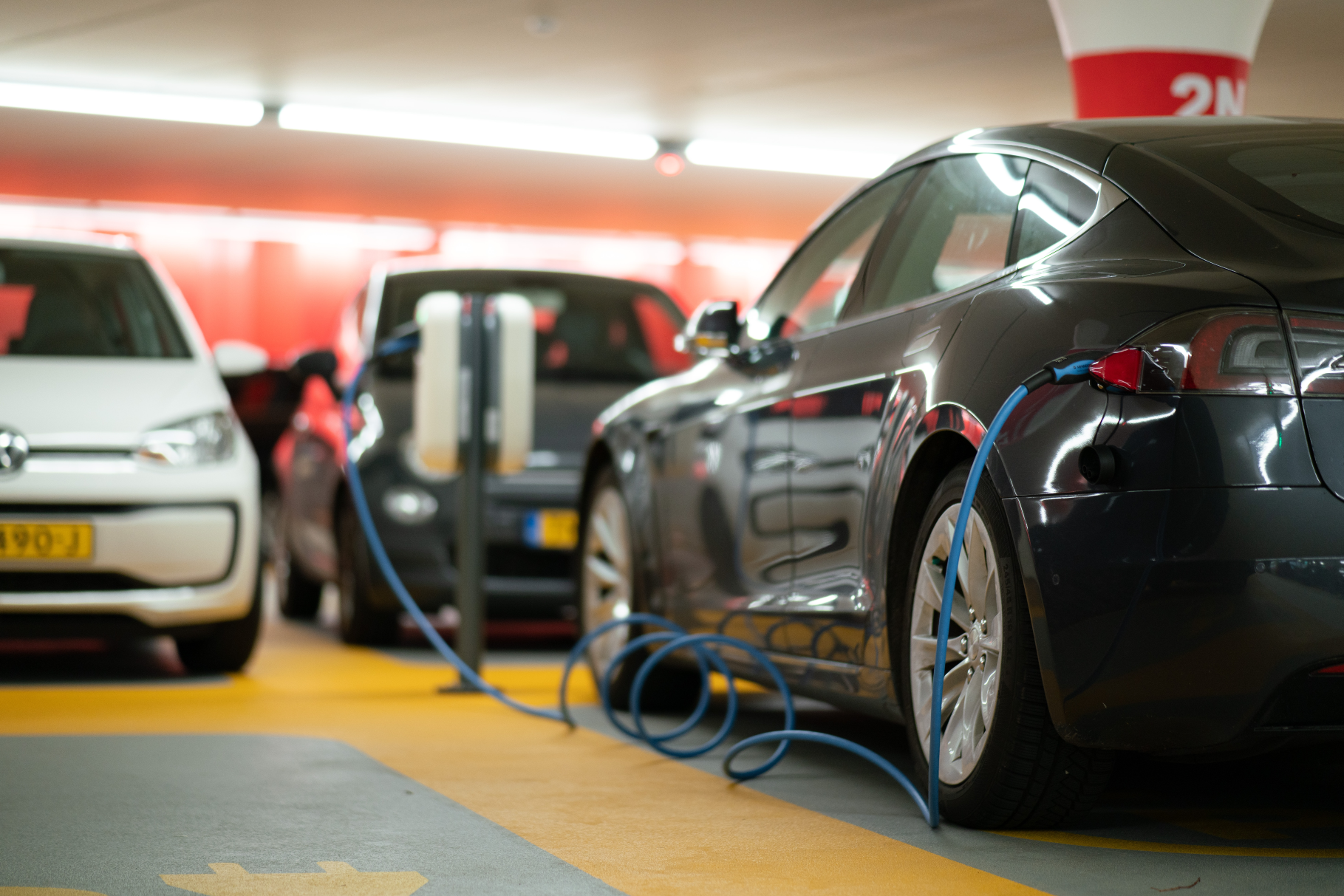Newcastle University to lead centre in supporting electric vehicle infrastructure at the ‘edge’ of the grid
2 February 2022
The £1.5m project aims to ensure electric vehicles using the Internet of Things are protected from cyber attacks
Led by Professor Raj Ranjan, the centre will bring together experitse from Newcastle, Cardiff University, University of Sydney (Australia), and the Commonwealth Scientific and Industrial Research Organisation (CSIRO) (Australia).
The Internet of Energy (IoE), utilising the principles of the Internet of Things, will play an important role in a net zero future by optimising energy usage across transport and energy networks.
IoE will utilise emerging distributed learning algorithms that can operate on data in a secure and efficient manner to learn vehicle charging and usage patterns.
This includes use of electric vehicles, where IoE can be used to process data on energy consumption and generation. It supports drivers in their charging decisions and influencing driving behaviours and energy efficiency of vehicles.
IoE will require a secure and privacy preserving connection to the national grid and charging infrastructure.
With increasing cyberattacks involving vehicles are their supporting infrastructure, there is an increasing requirement to address these challenges in a holistic manner, involving both vehicle usage and energy infrastructure.
It brings together expertise across energy systems, distributed computing, Internet of Things, machine learning and cybersecurity to:
- understand the connectivity across energy and transport networks
- develop approaches needed to make electric vehicles and related infrastructure cyber secure
This will be achieved by modelling cyberthreats on IoE systems, and developing preventative measures using an ensemble of distributed artificial intelligence techniques. These approaches will be validated on a real-world testbed across the UK and Australian partner sites.
Find our more about EPSRC's international collaborations to develop technologies of tomorrow.
